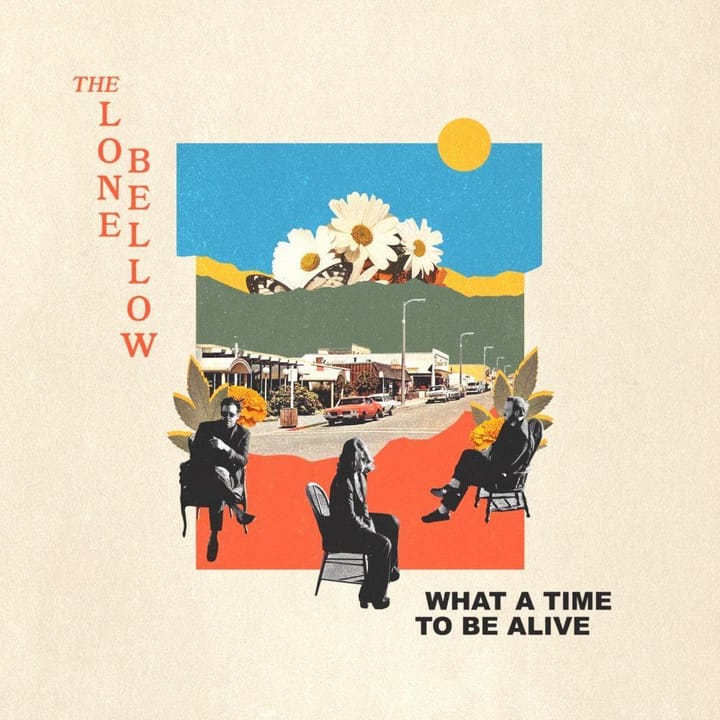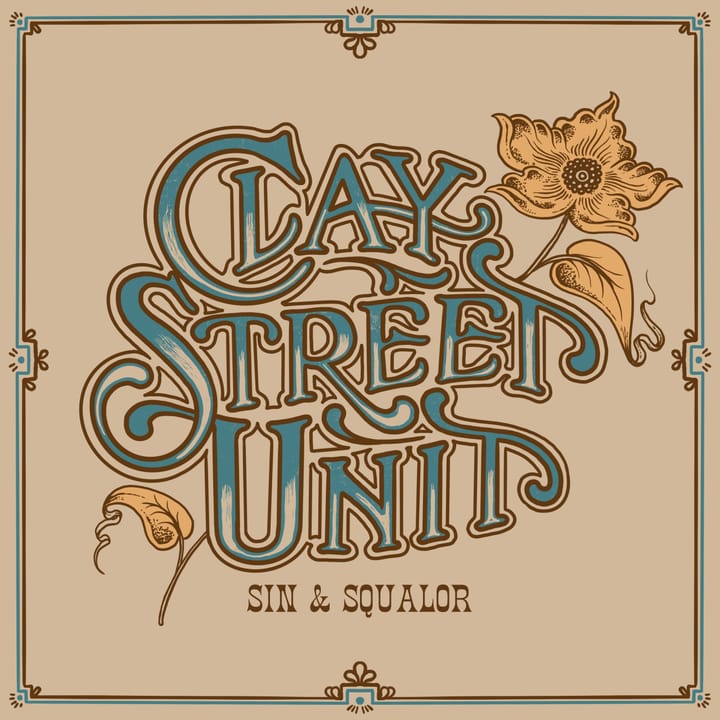Among reviewers who have given faint praise to this two-disc soundtrack to the Martin Scorsese film, dismissing it as a marginal addition to the Dylan canon, the common reservation is that the alternate takes here aren't as good as the released originals.
Well, duh. No other artist has ever experienced a year's growth spurt such as the one reflected within the mid-'60s progression of Bringing It All Back Home to Highway 61 Revisited to Blonde On Blonde. It would be surprising if those sessions had left stuff on the shelf that was superior to what was included within the masterpiece trio (at least for those not familiar with the subsequent case of "Blind Willie McTell").
Yet these previously unreleased tracks (all but two out of 28) reinforce the magnitude of Dylan's achievement, showing that it wasn't immaculate conception, divine intervention or a surfeit of amphetamines (alone) that spurred the artistry, but a series of choices -- refinements, trial-and-error -- that elevated the work. It's fascinating to hear an arrangement of "Memphis Blues Again" that hasn't quite jelled, a martial rhythm applied to "Visions Of Johanna" that would wisely be discarded, and the slightest shifts of melody in "It's All Over Now, Baby Blue" and lyrics in a stripped-down "Desolation Row". And the bluesier throb of "Leopard-Skin Pill-Box Hat" redeems a song I'd always dismissed as a novelty throwaway.
Like Dylan's performances during that transition from folk to rock, the set divides between the solo acoustic performances on disc one (beginning with a high school home recording from 1959) and the electric, frequently electrifying recordings on disc two. To my ears, it's worth the price to experience such "present at the creation" moments as the first take of "Mr. Tambourine Man" -- initially slated for Another Side, with chorus harmonies by Ramblin' Jack Elliott and more melodic regularity than the version that would subsequently surface on Bringing It All Back Home, making the earlier take sound a little closer to the Byrds' breakthrough hit.
Rolling tape, someone (producer Tom Wilson?) announces, "'Mr. Tambourine, take one." To which Dylan indignantly replies, "Mr. Tambourine Man."




Comments ()